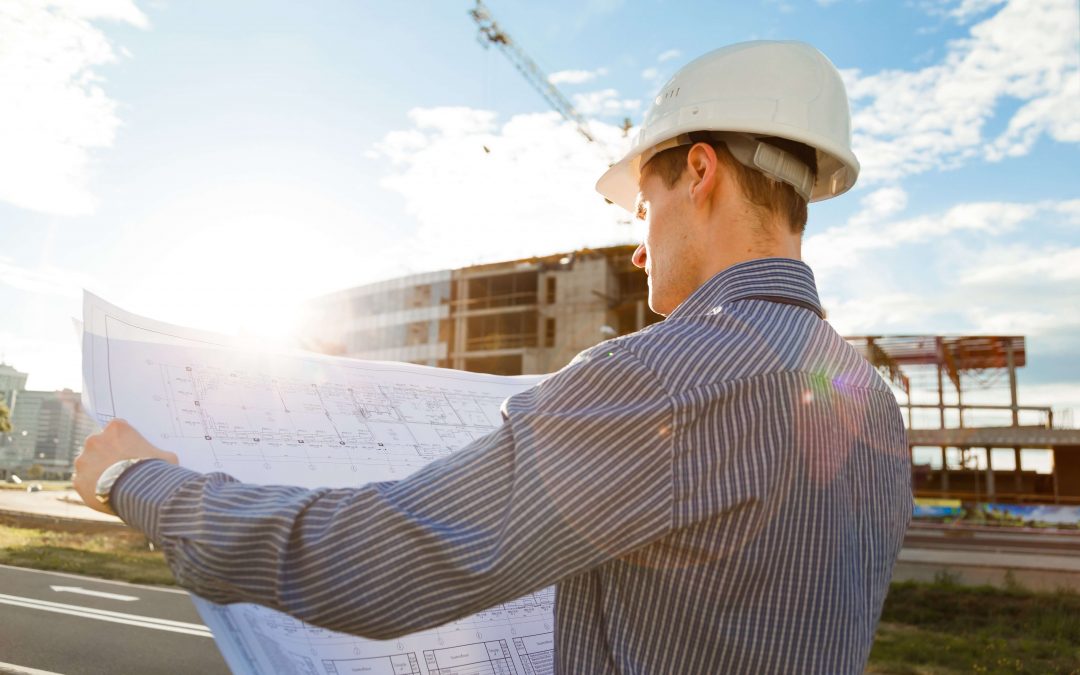See This Report on Specialized Geotechnical Engineering Solutions
See This Report on Specialized Geotechnical Engineering Solutions
Blog Article
5 Easy Facts About Specialized Geotechnical Engineering Solutions Described
Table of ContentsWhat Does Specialized Geotechnical Engineering Solutions Do?The 6-Minute Rule for Specialized Geotechnical Engineering SolutionsSome Known Details About Specialized Geotechnical Engineering Solutions Specialized Geotechnical Engineering Solutions for Dummies
They conduct website investigations, collect samples, do laboratory examinations, and analyze information to examine the suitability of the ground for building jobs. Based upon their findings, geotechnical designers offer recommendations for structure style, slope security, maintaining frameworks, and reduction of geotechnical risks. They work together with various other specialists, such as architects, architectural engineers, and building and construction teams, to make certain that geotechnical factors to consider are integrated right into the total project style and implementation.
Foundation Design: Geotechnical engineers play an important function in designing structures that can safely support the desired framework. They analyze the dirt conditions and lots demands to determine the proper structure type, such as superficial foundations (e.g., footings), deep foundations (e.g., stacks), or specialized strategies like soil improvement. They think about aspects such as negotiation limitations, bearing ability, and soil-structure communication to establish ideal structure designs.
A Biased View of Specialized Geotechnical Engineering Solutions
Below are some kinds of geotechnical designers: Foundation Engineer: Structure designers specialize in creating and evaluating foundations for structures - Specialized Geotechnical Engineering Solutions. They evaluate the dirt problems, lots requirements, and website qualities to establish the most proper foundation kind and layout, such as shallow structures, deep structures, or specialized techniques like stack structures
They execute field screening, gather examples, and examine the gathered information to identify the dirt residential properties, geologic developments, and groundwater problems at a site. Geotechnical Instrumentation Designer: Geotechnical instrumentation designers focus on monitoring and determining the habits of dirt, rock, and frameworks. They set up and keep instrumentation systems that keep track of aspects such as dirt settlement, groundwater degrees, slope motions, and structural displacements to examine efficiency and provide early warnings of potential concerns.
In the workplace atmosphere, geotechnical designers make use of specialized software tools to perform calculations, create layouts, and analyze information. Specialized Geotechnical Engineering Solutions. They prepare records, evaluation task specifications, connect with clients and employee, and coordinate job activities. The workplace setup gives a helpful setting for study, analysis, and collaboration with other professionals associated with the job
They frequently see project websites to carry out site examinations, analyze geotechnical problems, and collect information for evaluation. These brows through include taking a trip to various places, in some cases in remote or tough terrains. Geotechnical designers may do soil tasting, conduct examinations, and monitor building and construction activities to guarantee that the geotechnical facets of the project are being applied appropriately.
How Specialized Geotechnical Engineering Solutions can Save You Time, Stress, and Money.
Geotechnical designers also function in specialized geotechnical laboratories. In these facilities, they perform experiments, carry out tests on dirt and rock samples, and evaluate the design homes of the materials. Geotechnical lab designers work thoroughly in these settings, dealing with testing devices, operating tools, and tape-recording information. They collaborate with other research laboratory personnel to guarantee precise and reputable screening outcomes.
Retaining Walls: Producing wall surfaces that hold back dirt to avoid landslides and provide security on sloped surfaces. Embankments and Earthworks: Designing embankments for roadways, trains, and dams to ensure they remain secure under tension. The mining industry depends greatly on geotechnical design to make sure the security and long life of its operations.
With this in mind, we have developed our program to prepare trainees for success. Geotechnical engineers are included in all stages of the design of frameworks, from principle to building. Their job is important in the layout and preparation procedure as they evaluate the honesty of dirt, clay, silt, sand, and rock, prior to building commencing.
Indicators on Specialized Geotechnical Engineering Solutions You Should Know
This visit here is complied with by a ground examination based on the findings of the workdesk research and involves test matching and tasting to discover any kind of potential issues. Geotechnical designers function within multidisciplinary groups, supported by intermediate and younger designers along with by CAD technicians. As a senior geotechnical engineer on a hydro plant task, tasks might include joining technical reviews (e.g., peer testimonials), tailings dam examinations, dam safety reviews, and various other researches connected to the design and building of mine waste facilities.
While some professionals are experts only in geotechnics, others might work under imp source titles like engineering geologist or ground designer within comparable abilities. As a geotechnical engineer, you'll need to: build and keep partnerships with customers and other professionals entailed in the website, throughout each projectmaintain security standards on website be mindful of expense implications when you make recommendationsstudy geological maps and airborne photographs from a variety of resources and from different time periodsexamine building and construction intends to see how feasible they are based upon your understanding of the siteinvestigate risks or geological risks for the sitesearch for ecologically delicate features, such as garbage dump begin to create accurate and interpretive ground modelsplan area investigationsdrill and analyse samples of bedrock, dirt, groundwater and added products oversee various other professionals on sitesolve technical problems as they emerge, such as unexpected structures at drill sitesmonitor conditions during and after building to make certain frameworks are secure in the brief and long termadd data accumulated on website to your initial researchcreate geotechnical computations, illustrations, and two or three-dimensional computer versions translating the datamake suggestions about the suggested use of the site.
There are lots of opportunities to meet new people, as you'll work with a variety of experts at every site. The work can be demanding as you might be in charge of the safety of others while on website. There is additionally a high level Website of monetary obligation, as the referrals you make can have major price ramifications.

Report this page